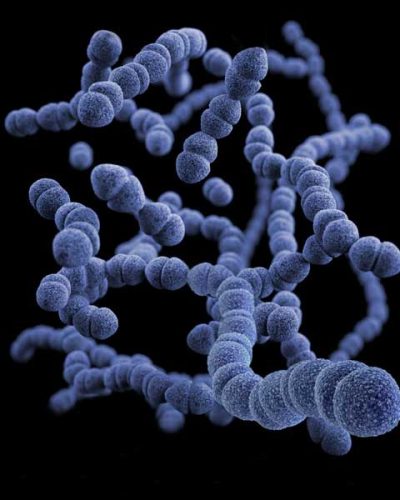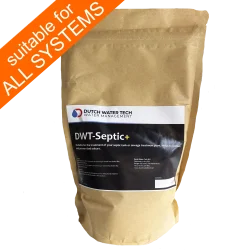Bacteria that decompose faeces: A natural recycling process
Bacteria are microscopic organisms that are found in almost every habitat on earth. They play a crucial role in the ecosystem by breaking down organic material and recycling nutrients. Particularly noteworthy are bacteria that decompose faeces. These bacteria help clean the environment by breaking down animal and human faeces and converting them into useful substances. In this article, we look at the importance of these bacteria, how they work and their application in various areas.
The importance of bacteria in the breakdown of faeces
Faeces are a natural excretion of animals and humans, consisting of indigestible food residues, waste products and microorganisms. Without the activity of bacteria, these faeces would pollute the environment and pose a health risk. Bacteria that decompose faeces are therefore essential for:
The reduction of pathogens: These bacteria reduce the number of pathogenic microorganisms in faeces that can spread diseases.
The decomposition of organic material: They convert complex organic compounds into simpler substances that can be reused by plants.
Improving soil quality: By breaking down faeces, these bacteria help to enrich the soil with nutrients, which promotes plant growth.
-
DWT-Septic Plus – Septic Tank Bacteria – 1kg
Cesspool Bacteria Treatment £57.45 £47.88 (excl. VAT) Add to basket
How do these bacteria work?
Bacteria that decompose faeces use various mechanisms to break down organic material:
Enzymatic digestion: these bacteria produce enzymes that break down complex molecules such as proteins, fats and carbohydrates into simpler molecules. For example, proteases break down proteins into amino acids, while lipases break down fats into fatty acids and glycerol.
Fermentation: Under anaerobic conditions (without oxygen), certain bacteria ferment organic material into various end products such as methane, carbon dioxide and volatile fatty acids. These processes mainly take place in the intestinal tract of animals and humans.
Aerobic degradation: Some bacteria require oxygen to break down organic material. This process is more efficient and leads to complete mineralisation of the faeces, releasing nutrients such as nitrogen, phosphorus and potassium.
Additional bacteria in septic tanks
Septic tanks are essential components of wastewater systems, especially in rural areas. They are used to pre-treat wastewater by separating solid and liquid components. One challenge in the maintenance of septic tanks is the accumulation of solids and the formation of sludge, which must be removed regularly. This is where products such as DWT-Septic Plus come into play, which contain additional bacterial cultures to speed up the degradation process.
Advantages of DWT-Septic Plus and similar products
-
Improved degradation of solids: The added bacteria help to break down the organic solids in wastewater more efficiently, which reduces the amount of sludge and reduces the need for frequent septic tank emptying.
-
Odour reduction: The accelerated decomposition of organic material minimises the formation of unpleasant odours. This improves the quality of life in the vicinity of the septic tank.
-
Increased system capacity: Faster decomposition of solids leaves more usable volume available in the septic tank, increasing its capacity and efficiency.
-
Environmental protection: More efficient decomposition of organic material reduces the release of potentially harmful substances into the environment. This helps to protect water quality and the soil.
-
Cost savings: The reduced need for frequent emptying and maintenance of the septic tank leads to long-term cost savings for the operator.

How DWT-Septic Plus works
DWT-Septic Plus contains a specially formulated blend of aerobic and anaerobic bacteria and enzymes that target the most common components of wastewater. These micro-organisms begin to decompose organic material as soon as they are added, breaking down complex molecules into smaller, more easily digestible units. Regular use of such products ensures that the bacterial population in the septic tank remains high, ensuring the continuous breakdown of waste.
Use DWT-Septic Plus for optimal decomposition in your septic tank
Bacteria that decompose faeces are indispensable players in the natural recycling process. They contribute to the preservation of the environment by breaking down organic waste and recycling nutrients. Their applications in composting, wastewater treatment, biogas production and agriculture demonstrate their enormous potential to promote sustainable practices and solve environmental problems. Complementary products such as DWT-Septic Plus offer additional benefits for septic tank maintenance by accelerating the breakdown of solids, reducing odours and improving system efficiency. Future research and technological advances will undoubtedly reveal further innovative ways in which these amazing microorganisms can be utilised to create a cleaner and healthier world.


